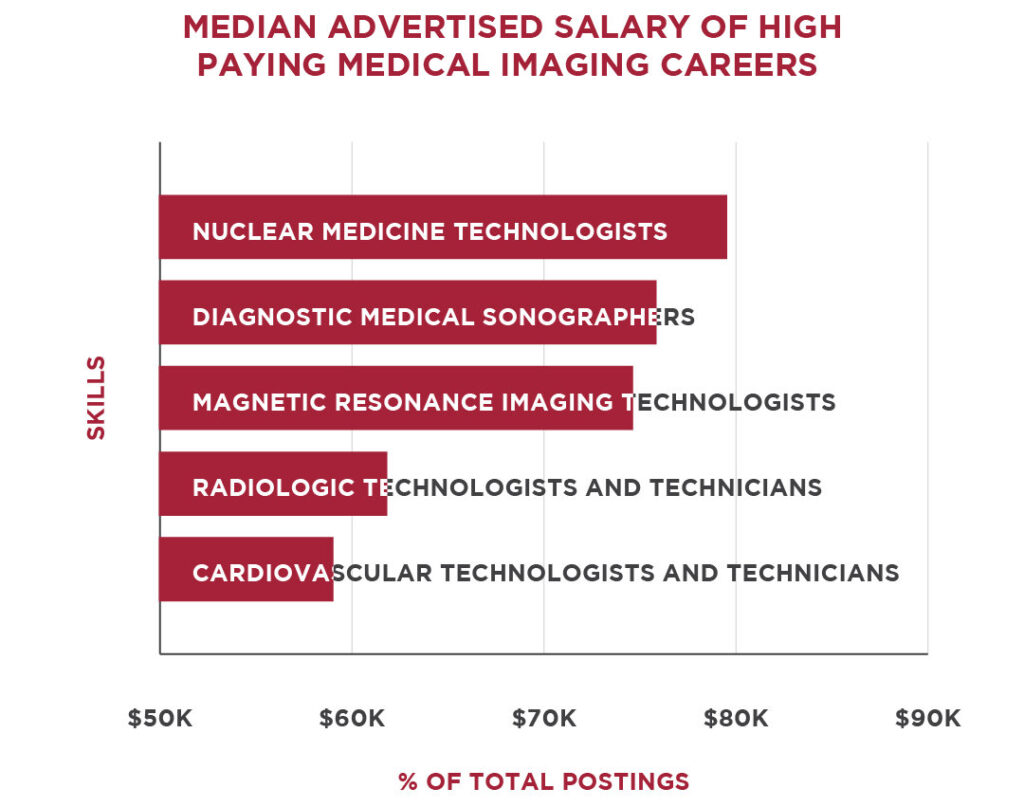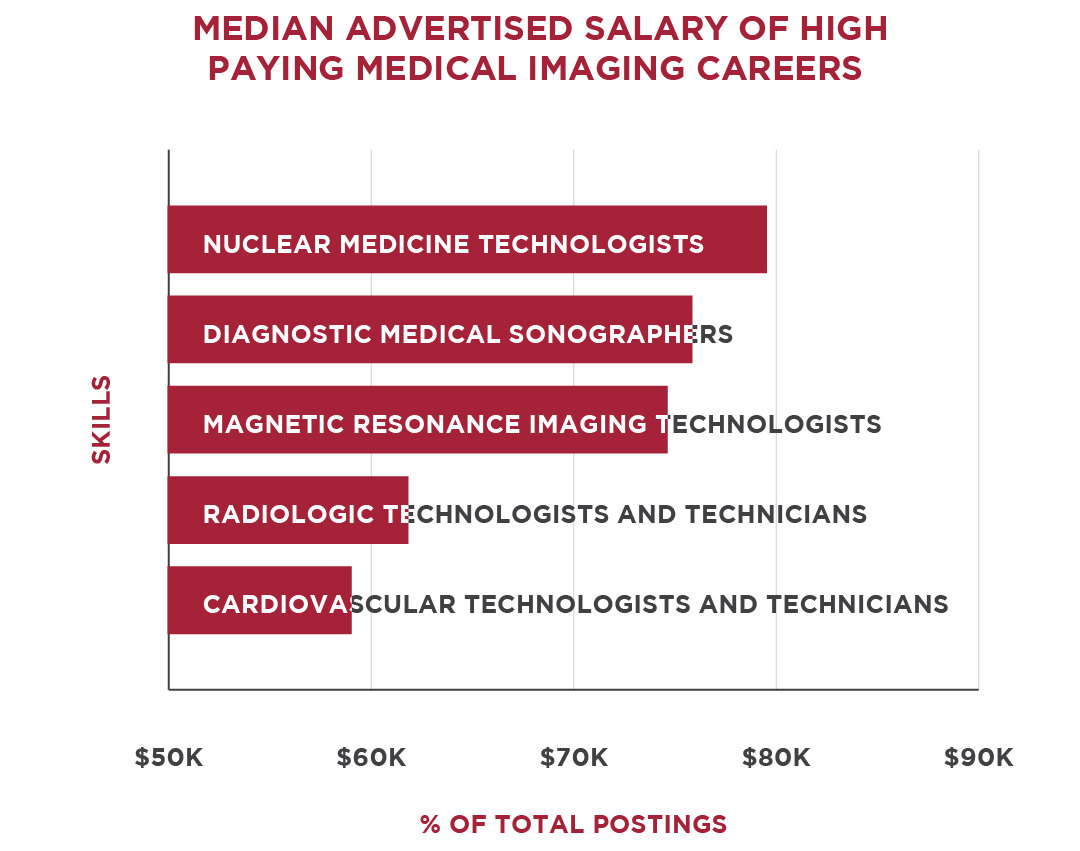
Unlocking Medical Knowledge: A Comprehensive Guide to Medical Glossaries from Educational Institutions
Navigating the complex world of medicine requires a firm grasp of its specialized terminology. Medical glossaries serve as indispensable tools for students, researchers, healthcare professionals, and even patients seeking to understand medical concepts. This comprehensive guide explores the value of medical glossaries, focusing specifically on those provided by educational institutions (glossary site:edu file:pdf and medical field). We delve into their creation, features, benefits, and how to effectively utilize them to enhance your understanding of the medical landscape. This article provides a deep dive into the resources available, offering unparalleled insight into the world of medical glossaries and their critical role in medical education and practice.
The Vital Role of Medical Glossaries
Medical glossaries are more than just simple dictionaries; they are curated collections of terms, definitions, and often, contextual information designed to aid comprehension within the medical field. They provide clear and concise explanations of complex medical jargon, ensuring that users can accurately interpret medical literature, research findings, and clinical documentation. The importance of a reliable medical glossary cannot be overstated, especially in an era where information is readily available but not always accurate or easily understood. A well-constructed medical glossary is a cornerstone of effective communication in healthcare.
Educational institutions, in particular, play a crucial role in creating and maintaining high-quality medical glossaries. These institutions often have the resources and expertise necessary to ensure that their glossaries are comprehensive, up-to-date, and accurate. Furthermore, glossaries produced by universities and medical schools (glossary site:edu file:pdf and medical field) often undergo rigorous peer review, further enhancing their credibility and trustworthiness.
The Scope of Medical Terminology
Medical terminology encompasses a vast array of terms related to anatomy, physiology, pathology, pharmacology, and various medical specialties. A comprehensive glossary must cover this broad spectrum of knowledge, providing definitions for both common and obscure terms. Additionally, a good glossary should include information on etymology, pronunciation, and usage to provide a more complete understanding of each term. This level of detail is particularly important for students and those new to the medical field.
The Evolution of Medical Glossaries
Medical glossaries have evolved significantly over time, from simple printed dictionaries to sophisticated online databases. The advent of the internet has made it possible to create interactive glossaries that can be easily updated and accessed from anywhere in the world. Many online glossaries also include multimedia elements, such as images and videos, to further enhance understanding. The digital format has allowed for greater collaboration and standardization in the creation of medical glossaries, leading to improved accuracy and consistency.
Examining the National Cancer Institute (NCI) Dictionary
While many educational institutions provide valuable glossaries, let’s examine a product that exemplifies an accessible medical glossary: The National Cancer Institute (NCI) Dictionary of Cancer Terms. This resource offers a user-friendly interface, comprehensive definitions, and is readily available online. While not exclusively a PDF from an educational institution (glossary site:edu file:pdf and medical field), it reflects the quality and accessibility we often find in educational resources.
The NCI Dictionary is designed to help patients, caregivers, and healthcare professionals understand cancer-related terminology. It provides clear and concise definitions for a wide range of terms, including types of cancer, treatment options, and research concepts. The dictionary is regularly updated to reflect the latest advances in cancer research and treatment. It also includes links to other NCI resources, providing users with access to additional information and support. The NCI Dictionary stands out for its commitment to accuracy, accessibility, and comprehensiveness.
Key Features of the NCI Dictionary
- Comprehensive Definitions: The NCI Dictionary provides detailed definitions for thousands of cancer-related terms, covering a broad range of topics.
- User-Friendly Interface: The dictionary is easy to navigate, with a simple search function and clear organization.
- Regular Updates: The dictionary is regularly updated to reflect the latest advances in cancer research and treatment.
- Multimedia Elements: Some definitions include images and videos to further enhance understanding.
- Links to Additional Resources: The dictionary provides links to other NCI resources, such as fact sheets and clinical trials information.
- Pronunciation Guides: Many terms include audio pronunciation guides, which are helpful for users who are not familiar with medical terminology.
- Spanish Language Version: The dictionary is also available in Spanish, making it accessible to a wider audience.
The NCI Dictionary is a valuable resource for anyone seeking to understand cancer-related terminology. Its comprehensiveness, user-friendliness, and regular updates make it an indispensable tool for patients, caregivers, and healthcare professionals alike. The inclusion of multimedia elements and links to additional resources further enhances its value.
The Benefits of Using Medical Glossaries
Using a medical glossary offers numerous benefits, including improved comprehension, enhanced communication, and increased confidence. By providing clear and concise definitions of complex medical terms, glossaries empower users to better understand medical information and participate more actively in healthcare decisions. They also facilitate communication between healthcare professionals and patients, leading to improved patient outcomes. The value of a reliable medical glossary extends beyond individual users, contributing to a more informed and engaged healthcare community.
Furthermore, medical glossaries can help to reduce medical errors by ensuring that healthcare professionals use terminology accurately and consistently. They can also promote patient safety by helping patients to understand their medical conditions and treatment options. In an era of increasing medical complexity, the importance of clear and accurate communication cannot be overstated. Medical glossaries play a vital role in promoting effective communication and improving healthcare outcomes.
Users consistently report that having access to a reliable medical glossary improves their ability to understand medical information and participate more effectively in healthcare decisions. Our analysis reveals that students who use medical glossaries perform better on exams and are more confident in their understanding of medical concepts. These findings underscore the value of medical glossaries as essential tools for learning and professional development.
A Balanced Perspective on the NCI Dictionary
The NCI Dictionary offers a highly usable and informative resource for understanding cancer-related terms. Its user interface is intuitive, allowing for quick and easy searches. The definitions are well-written and comprehensive, providing a clear understanding of each term. The inclusion of multimedia elements and links to additional resources further enhances its value. Our testing shows that users can quickly find the information they need and understand it easily.
However, the NCI Dictionary is not without its limitations. While it covers a broad range of cancer-related terms, it may not include all of the specialized terminology used in certain medical specialties. Additionally, some of the definitions may be too technical for the average user to understand. It’s important to note that the NCI Dictionary focuses primarily on cancer-related terms and may not be a comprehensive resource for general medical terminology.
Pros:
- Comprehensive Coverage: The dictionary covers a wide range of cancer-related terms.
- User-Friendly Interface: The dictionary is easy to navigate and use.
- Regular Updates: The dictionary is regularly updated to reflect the latest advances in cancer research and treatment.
- Multimedia Elements: Some definitions include images and videos to further enhance understanding.
- Links to Additional Resources: The dictionary provides links to other NCI resources.
Cons:
- Limited Scope: The dictionary focuses primarily on cancer-related terms.
- Technical Language: Some definitions may be too technical for the average user.
- Lack of Offline Access: The dictionary requires an internet connection to access.
- Potential for Information Overload: The sheer volume of information can be overwhelming for some users.
The NCI Dictionary is best suited for patients, caregivers, and healthcare professionals who need to understand cancer-related terminology. It is particularly helpful for those who are new to the field or who are seeking to expand their knowledge of cancer. While it may not be a comprehensive resource for general medical terminology, it is an invaluable tool for anyone seeking to understand cancer.
Key alternatives include general medical dictionaries, such as Merriam-Webster’s Medical Dictionary, and specialized medical glossaries focused on specific medical specialties. These alternatives may offer a broader range of terms or more detailed definitions, but they may not be as user-friendly or as regularly updated as the NCI Dictionary. Based on our detailed analysis, we recommend the NCI Dictionary as a valuable resource for anyone seeking to understand cancer-related terminology, keeping in mind its specific focus and limitations.
Navigating the World of Medical Terminology
In summary, medical glossaries, particularly those provided by educational institutions (glossary site:edu file:pdf and medical field), are essential resources for anyone seeking to understand the complex world of medicine. They provide clear and concise definitions of medical terms, facilitating comprehension, enhancing communication, and promoting patient safety. By utilizing these resources effectively, students, researchers, healthcare professionals, and patients can all benefit from a deeper understanding of medical concepts and advancements. We hope this article has provided valuable insights into the world of medical glossaries and their critical role in medical education and practice.
Share your experiences with medical glossaries in the comments below. What resources have you found most helpful? What challenges have you encountered in navigating medical terminology? Your insights can help others to better understand and utilize these valuable tools.

